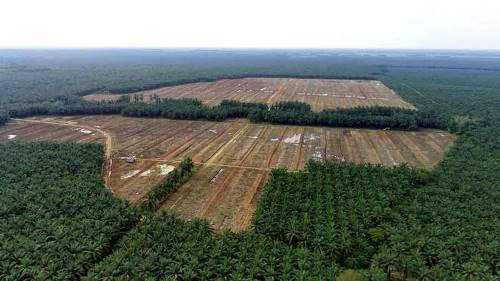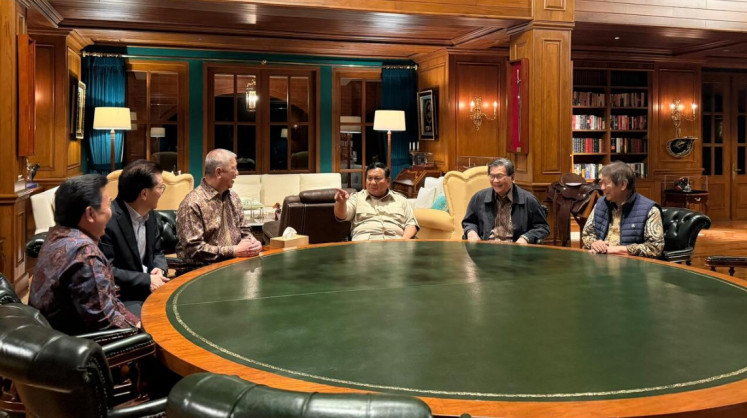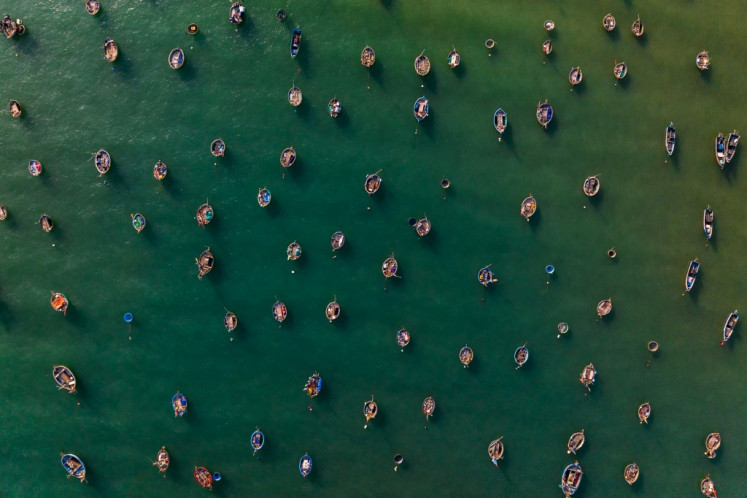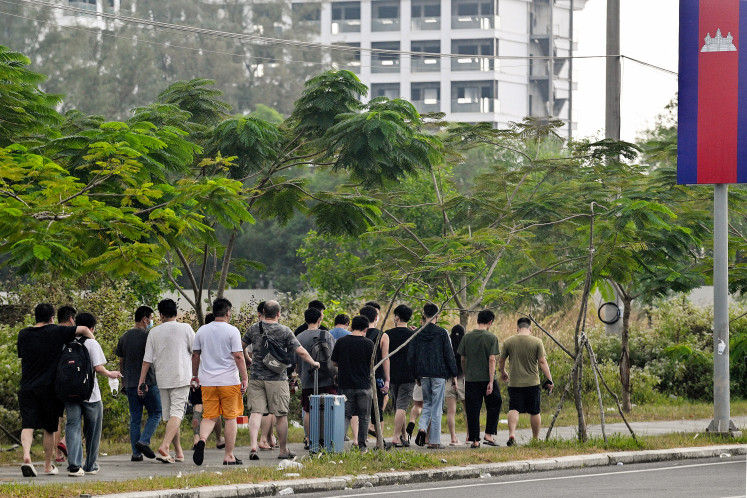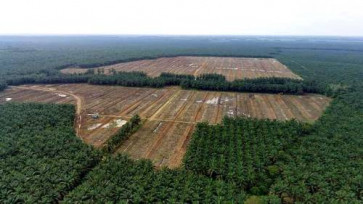Popular Reads
Top Results
Can't find what you're looking for?
View all search resultsPopular Reads
Top Results
Can't find what you're looking for?
View all search resultsPalm oil conference overshadowed by damaging information
Allowing such negative information to linger on could validate the perception as to just how bad has been the public-sector and corporate governance of the country’s natural resources, notably the lucrative palm oil industry.
Change text size
Gift Premium Articles
to Anyone
T
he three-day 20th Indonesian Palm Oil Conference (IPOC) in Bali will start on Wednesday on the heels of the Oct.23 revelation by Hashim Djojohadikusumo, the younger brother of President Prabowo Subianto, that the government has uncovered around 300 palm oil companies which have been operating illegally.
“We could soon collect from the rogue plantation companies Rp 300 trillion (US$20 billion) in tax payment arrears and penalties and this has been reported to President Prabowo,” Hashim, the chief advisor of the Indonesian Chamber of Commerce and Industry (Kadin), told a business conference.
The additional revenues should serve as good news for the new government which has to spend almost 44 percent of its estimated total revenues on debt interest and debt amortization alone next year.
But more detailed information is still needed on how long those illegal companies have been operating, as well as how 25 of the firms did not have any taxpayer registration identification numbers and another 15 did not own any accounts at banks in Indonesia.
Without further clarification, Hashim’s statement could raise many questions about the effectiveness of government oversight of the industry. How could the companies have made domestic and export transactions without taxpayer identification or even local bank accounts?
As if Hashim’s revelations were not shocking enough, Agrarian and Spatial Planning Minister/National Land Agency head Nusron Wahid told the House of Representatives on Oct. 30 that the government had also uncovered 2.5 million hectares of palm oil cultivation operated by 537 palm oil companies which have plantation business licenses, but do not own the Right to Cultivate land title.
Nusron did not elaborate where those 537 companies are located, why such irregularities occurred or how long they have operated, but said those illegal oil palm firms were uncovered between 2016 and October 2024. The troubling question is, how could the local administrations have been unaware of those illegal plantation companies?

